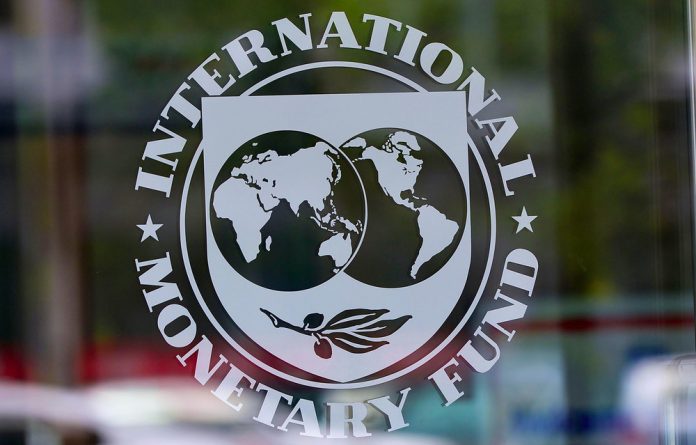
Fading drought, mining productivity to boost Namibia’s economy, says IMF

The International Monetary Fund (IMF) projects Namibia’s real GDP to turn positive during 2020 as the impact of last year drought fades and mining production picks up.
This comes after a team from the International Monetary Fund (IMF) led by Geremia Palomba, IMF mission Chief for Namibia, visited Windhoek during February 24 to 28, to discuss recent developments and the economic outlook in the context of its regular surveillance activities.
Palomba in a statement issued this week elaborated with absent structural reforms, growth would strengthen only gradually over the medium-term.
However, Palomba noted downside risks to this outlook include a decline in global growth as corona virus risks materialize, and possible lower-than-expected Southern African customs Union revenue and fiscal slippages that would undermine the government’s effort to stabilize public debt dynamics.
“With public debt rising, the authorities need to continue fiscal adjustment policies to stabilize public debt over time and balance the adjustment with broader reforms to support growth. In preparation of the financial year 2020/21 budget, the government’s medium-term fiscal adjustment plans and supporting policy measures should be clearly identified,” Palomba said.
Palomba stressed that there is a need to jump-start structural reforms to reignite growth and boost job creation, adding it is important to improve the efficiency of the economy, including by streamlining business regulations, strengthening market operations of key public enterprises, removing obstacles that contribute to high electricity and transportation costs, and better align wage dynamics in the public sector and in the economy to productivity trends.
“Over time, it is important to remove obstacles to exports and address shortages of skilled workers,” Palomba said.
The IMF noted that Namibia’s financial sector remains sound despite weak growth having started to negatively affect banks’ performance, adding reforms to improve the non-bank regulatory and supervisory framework are advancing, although at a slow pace.










































